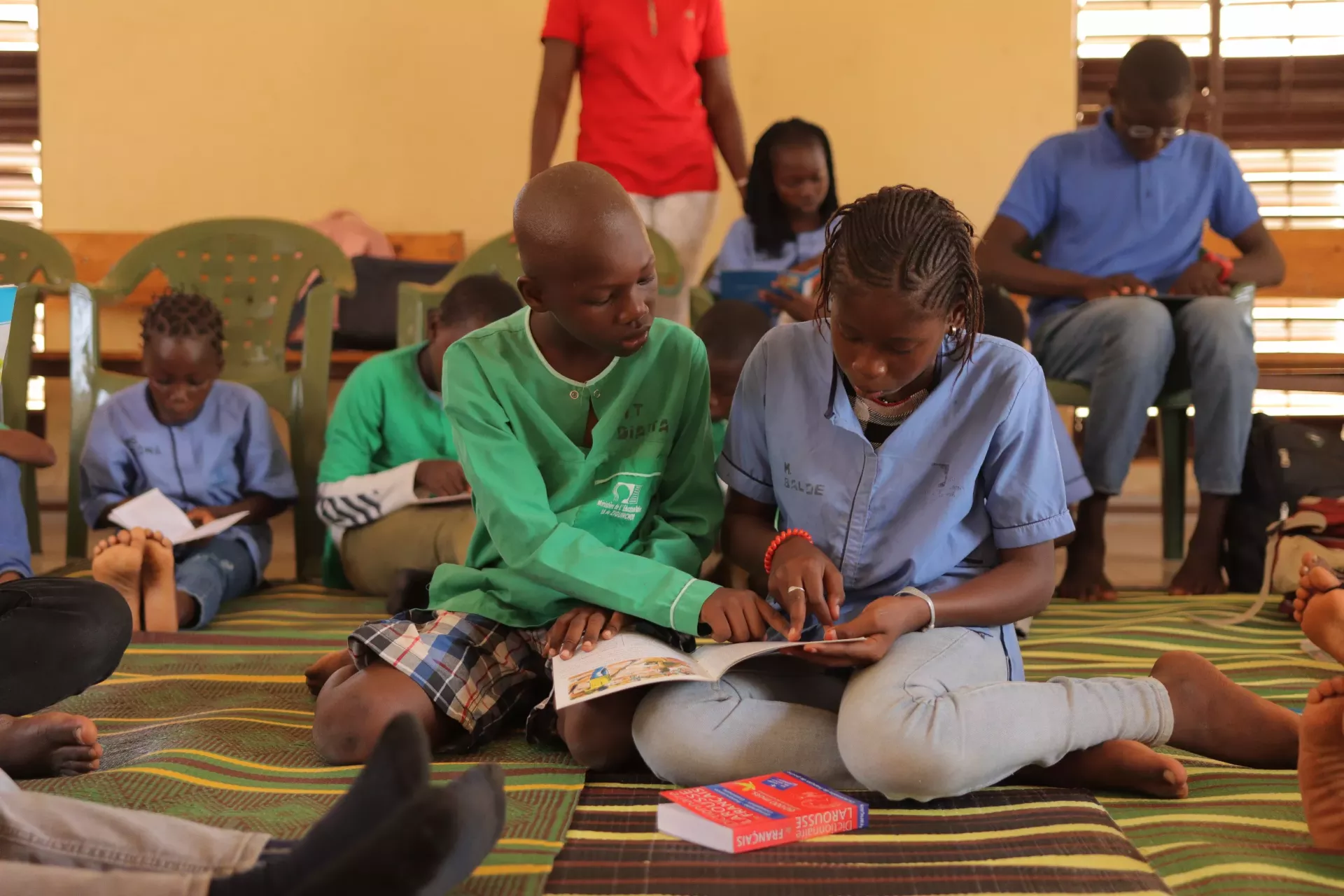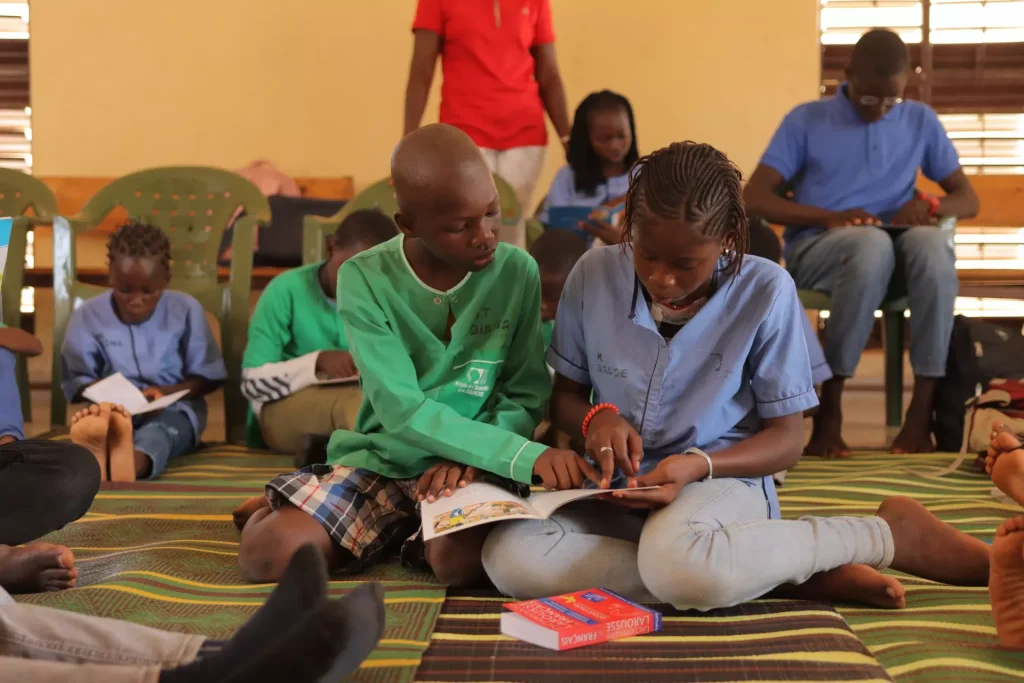
we still have time to protect funding for global education
Earlier this year, Minister of State for Development, Baroness Jenny Chapman, outlined that funding for global education would be deprioritised as part of the UK’s Official Development Assistance (ODA) budget. Education is a fundamental human right of every child. It is the key to peace, opportunity, and long-term security. At a time when global crises are on the increase, we need bold investment in learning. Your advocacy efforts have already been making the case for keeping global education on the development agenda. We must continue to urge the UK Government to protect funding for global education and champion reforms that give every child the chance to learn and thrive.
what
deprioritising global education risks reversing years of progress with children’s learning
who
the UK Government must take action to protect the global education budget as part of ODA
how
write directly to the Minister for Development, calling on her to protect global education
education cuts: morally indefensible, economically short-sighted
Education is the foundation of all forms of development, yet it is often the first casualty when political decisions lead to budget cuts. Global aid to education is projected to fall by a quarter between 2023 and 2027. This decline is also evident in the UK, where the Official Development Assistance (ODA) budget for education has steadily dropped from 13.5% in 2013 to just 3.5% in 2023.
Investing in education remains urgent across the world. There are currently 272 million children out of school, and the annual education financing gap stands at an estimated US $100 billion. In sub-Saharan Africa, only one in five children can read with understanding and demonstrate basic proficiency in maths by the end of primary school.
The UK Government’s recent decision to cut aid from 0.5% to 0.3% of Gross National Income (GNI) to fund defence in 2027 will have devastating consequences, and the Minister of State for Development, Baroness Jenny Chapman, indicated in her evidence to a recent session of Parliament’s International Development Committee that education is likely to be deprioritised.
However, our voices can influence these decisions. Deprioritising education is not only morally indefensible but also economically short-sighted. The government’s choice to increase defence spending should not come at the cost of denying millions of children the opportunity to learn.
how you can make a difference
Education is a lifeline for children facing crisis, poverty, or displacement. From South Sudan to Afghanistan, UK aid for education has given millions of children hope and a chance to envision a brighter future.
But this hope is at risk if the UK Government implements the aid cuts to education.
Queen (20) and Santos (16), South Sudanese refugees in Uganda and young ambassadors with the ‘Send My Friend to School’ campaign, show us what is at stake. Santos says education helps him live in harmony. Queen knows that when girls are educated, entire communities are empowered and the poverty cycle is disrupted.Now it’s your turn to add your voice.
Write to the Minister for Development, Baroness Jenny Chapman, calling on her to protect and reprioritise education in the UK’s ODA budget. Your action can help ensure the UK invests in a future where every child learns.
How to contact the Minister
Baroness Jenny Chapman,
Foreign, Commonwealth and Development Office
King Charles Street
London
SW1A 2AH
take action!
write to the Minister of Development calling for global education to be prioritised.
share the Send My Friend to School Invest in My Friends’ Learning Report with the Minister
we’re here to support you!
If you have any questions or need support or advice in writing your letter, please contact Naveed Chaudhri, Head of Campaigns, at [email protected].
Reading Corners: a parent’s perspective
In Oumou Sylla’s 12-year-old daughter’s school, they use Reading Corners to encourage regular reading. Reading Corners are dedicated spaces in Senegalese classrooms that provide students with access to a wide range of age-appropriate books. They support foundational literacy by combining guided instruction with opportunities for independent learning.
“There’s been a big difference since she got these books. She studies better at school, and her level has improved a lot,” said Ms Sylla.
Funding for Reading Corners is a cost-effective way to improve reading outcomes, especially in underserved and rural schools. For more information, please see UNICEF’s case study, A Corner for every child.

UNICEF, October 2024